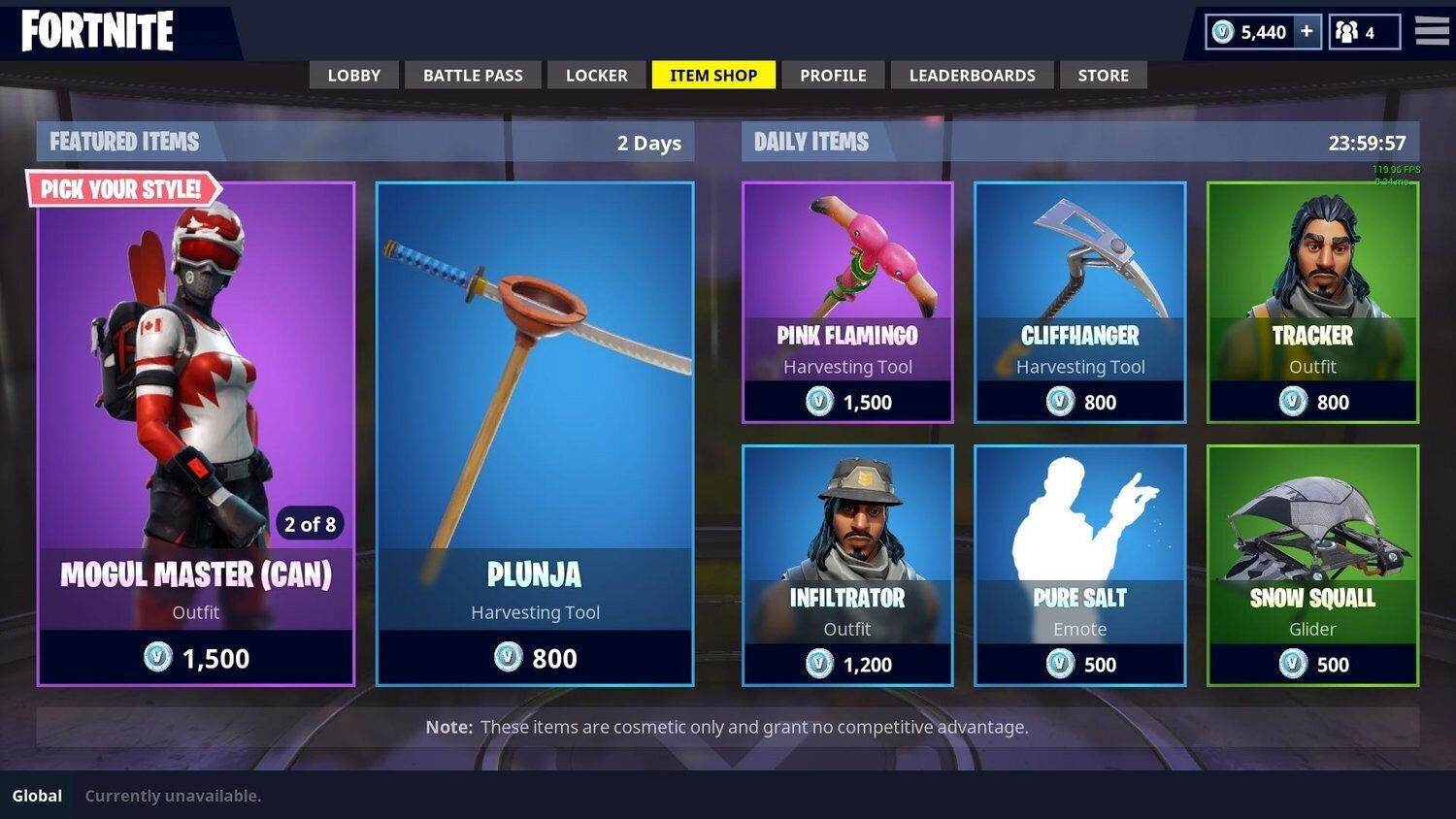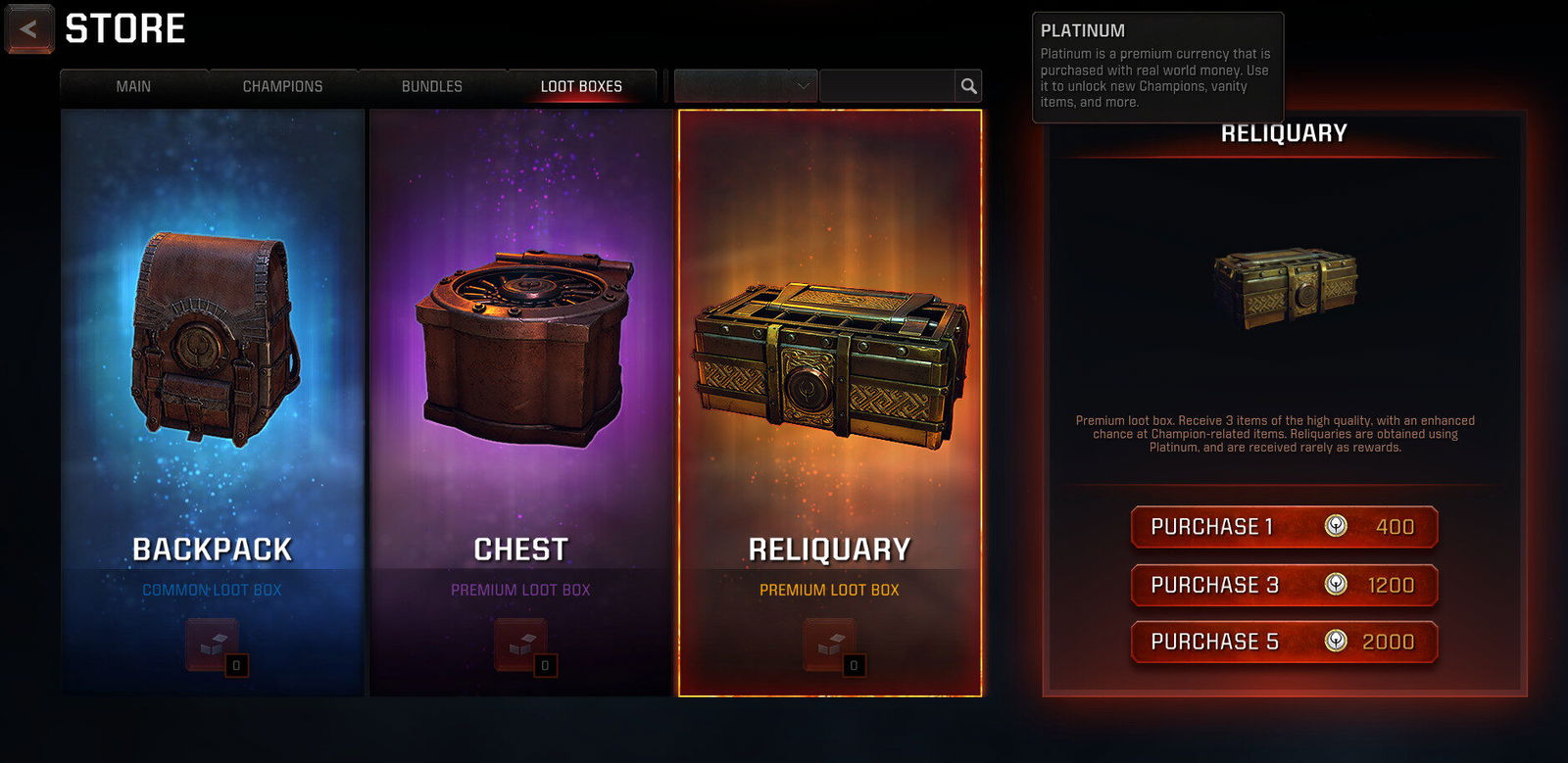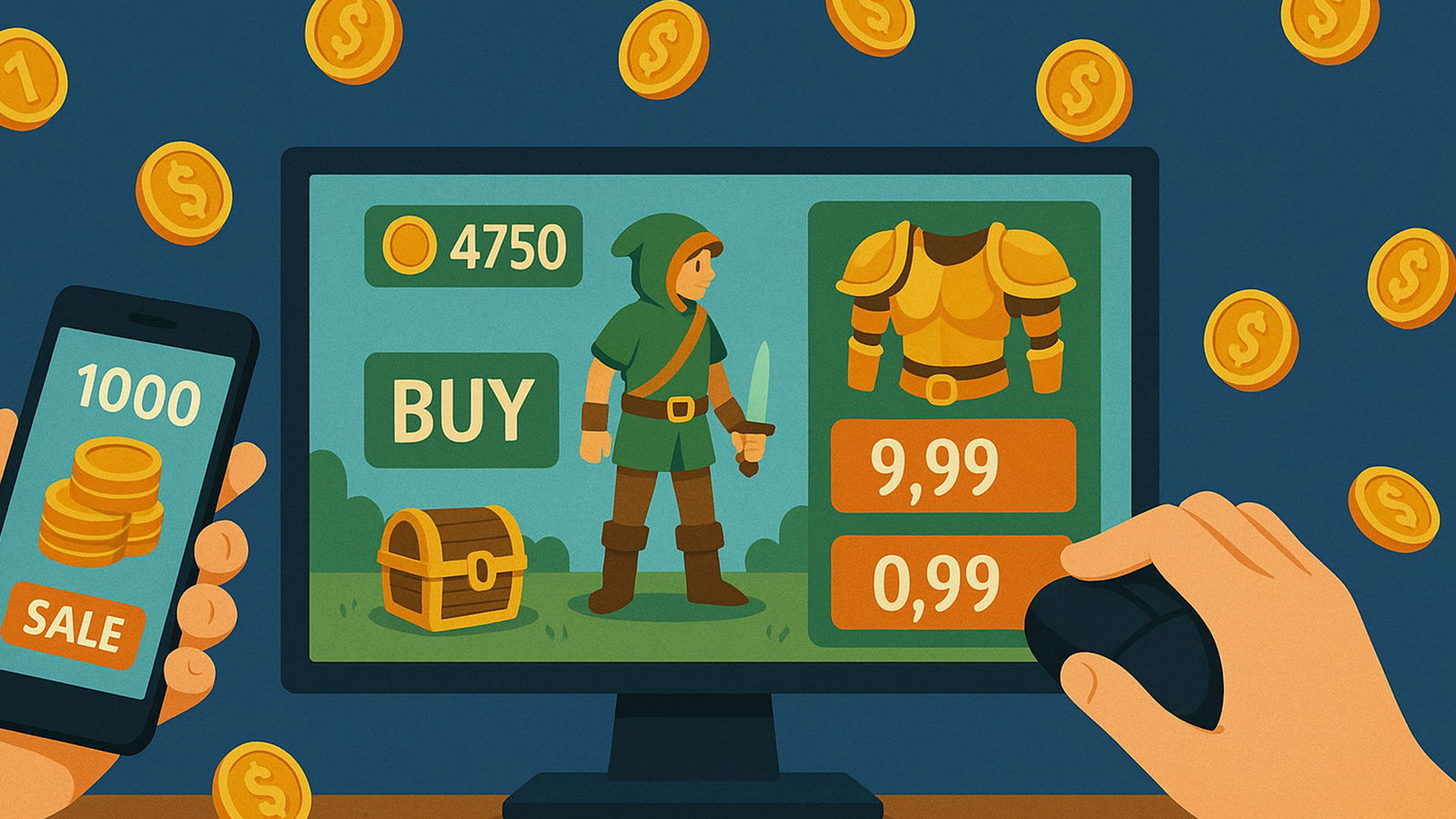Whether you’re hunting for a rare skin, unlocking a battle pass or topping up chips at a digital casino, in-game transactions have become part of the gaming routine. They’re quick, sometimes tempting and often designed to feel seamless. However, convenience can come at a price—financially and otherwise. Knowing what you’re actually buying, how you’re paying and what protections exist can help you stay in control.
Payment Methods Are Expanding

Most mainstream games accept PayPal, Apple Pay and Google Pay, while console platforms often offer wallet top-ups using vouchers. In the mobile space, carrier billing remains popular, letting users pay through their monthly phone bill, though this can make it a little too easy to overspend without realizing it.
Cryptocurrencies are also entering the scene and are especially common in casino platforms, where anonymity and fast transaction times appeal to many players. For example, Ethereum is now widely used for deposits and withdrawals across crypto casinos. You can even find curated lists that help players identify the best ETH casinos to play at. These focus on factors like speed, safety, and user experience.
Of course, traditional payment methods like credit and debit cards still have a place for in-game transactions, and we don’t expect those to disappear any time soon.
Real Money, Virtual Ownership
When you buy a skin, weapon, or dance emote, you don’t really own it. What you get is a licence to use it within that game’s system. That means if your account is banned or the game shuts down, everything you bought might be gone.
Loot boxes add another layer of uncertainty. These digital “mystery boxes” let players pay for the chance to unlock something rare, though what you receive is randomized. Some countries have begun to regulate loot boxes as a form of gambling, requiring publishers to show drop rates or add safeguards to limit spending. Even so, many players still sink large amounts of money trying to land a coveted item. The psychological pull is real.
Battle passes, on the other hand, offer more structure. These typically reward players with unlockable content over a game season, provided they keep playing and completing challenges. The key difference is that what you get is clearly laid out from the start. Still, you’re paying for content that might lose all value once the season ends.

In-Game Purchases in Social Games
Mobile games that simulate games of chance, like slot or card game apps, often blur the line between entertainment and gambling. Many don’t offer real-world payouts, but still encourage players to buy virtual chips with real money. This is where things can get tricky: you’re spending actual money just to keep playing or preserve a winning streak, with no tangible return.
Some of these apps have faced legal challenges over claims that they exploit compulsive behaviour. Developers often avoid gambling regulations by arguing that no cash prizes are involved. Still, the mechanics—paying to spin, waiting for timers, or paying again—will feel familiar to anyone who’s spent time with games of chance.
Furthermore, these apps often employ aggressive pricing strategies. They may offer enticing starter bundles at low prices to draw players in, followed by much more expensive chip packs once a player is engaged. It can be easy to lose track of what you’ve spent, especially with mobile payment systems or saved credit card details.
Refunds Aren’t Always an Option

One of the more frustrating parts of in-game transactions is the lack of refunds. Once you buy something, that’s usually it. Most companies don’t allow returns or exchanges unless there’s a technical issue, and even then, the process can be slow or denied outright.
Before you click to purchase, double-check what you’re buying. Refund policies vary widely by platform (for example, Steam is more generous than mobile app stores), so it helps to know your rights beforehand.
Staying Safe and In Control
As more payment methods are added, including crypto, prepaid cards and third-party services, the risks increase. Scams and phishing links disguised as “free skin” offers remain rampant. Never enter your login credentials on unofficial websites or click shady links in Discord or Twitch chats.
To stay safe, use multi-factor authentication on all gaming accounts, keep payment methods restricted or locked behind passwords and regularly review your transaction histories on your platform of choice.
Games are meant to be fun, not financially stressful. In-game transactions can offer convenience and cosmetic customization, but the system is designed to encourage spending. Stay aware of where your money is going—and make sure it’s worth it.



